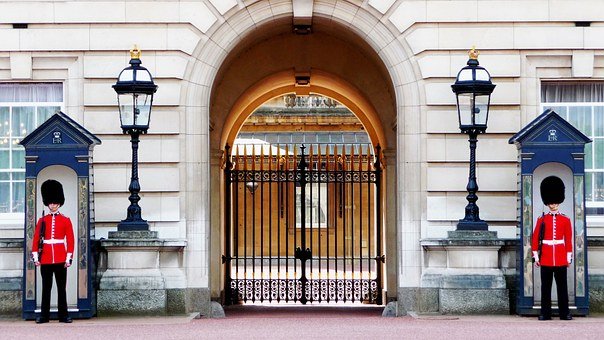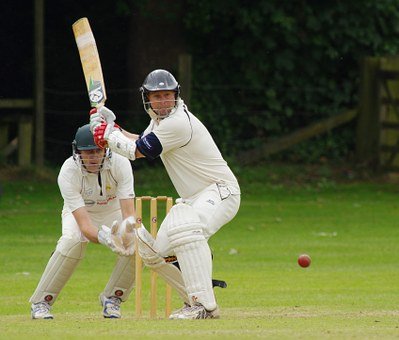What good thing British did in India during their ruling era?
View the original post on Musing.io
English came to India as merchants. They formed the East India Company and got a chance to rule India when the Company’s army defeated Nawab of Bengal Sirajudaula in the battle of Plassey, in 1757. After the great Indian rebellion of 1857, the power was transferred to the British crown. In their rule from 1757 to 1947, the East India Company and the crown introduced many new things in the Indian subcontinent; reformed many outdated things and changed the Indian subcontinent to a great extent. Their legacy is discussed as below:

Unification of the whole country: The Mughal rulers had become very weak and unable to control the disintegration of their empire. When the British came here, there were large numbers of independent and semi-independent states spreading across the whole Indian subcontinent. British government subdued them and unified the whole country. They enacted and applied uniform rules and regulation for their occupancy in India, that unified people and promoted interactions between the people of distinct cultures and languages.
Administration: British introduced modern administration in India. Present bureaucratic and parliamentarian structure of India is based on the British system. Many rules and regulations of British era are still being followed in India. In fact, much part of the Indian constitution is taken from the Government of India Act, 1935.
Introduction of modern technology and ideas: They introduced the steam engine, power loom and other machines in India. Ideas of equality, liberty, human rights etc. came with them. They also introduced the notion of equality before the law. Otherwise, the traditional justice system of Indian states was based on caste-based discrimination.
Reforms in the social system: Indian society was plagued by various superstitions and inhuman rituals. A Hindu widow was burnt alive with her husband’s dead body. In some tribes girl children were killed in their infancy. Problems of human sacrifice, thugs, etc. were rampant. They banned many such harmful rituals and superstitions at the instance of some enlightened and educated Indians like Raja Ram Mohan Rai, Devendra Nath Tagore, Keshav Chandra Sen, Ishwar Chandra Vidyasagar, etc.
Reforms in the education system: The aim of the British government was to get clerical staff for the smooth running of the administration of the country but it helped Indians a lot. It opened the eyes of the Indians. Traditional education was not imparted to the lower status people who were considered ‘untouchables’ by the high caste people. British rule provided equal opportunity to them and also hired those downtrodden people in their army. Special schools were opened during the British rule for women. It was the commencement of the empowerment of the low caste people and women. Also, introduction of English education brought one common language for the multi-lingual country.

Transportation and means of communication: British did not make railways and motor vehicles in India to empower Indian, but it did loads of help to this country. Transportation become easier and people could meet other people from faraway parts of the country. Telephone, telegram etc. decreased the time of communication. Those things ultimately instigated awareness among the Indians.

Architecture and construction: British constructed many magnificent buildings in India during their regime. Rashtrapati Bhavan, Parliament House, Gateway of India, Victoria Memorial etc. are some beautiful buildings which they constructed. They also constructed 65,000 km long railway lines, roads and dams across the country. This helped Indians after they got independence in 1947.
Culture, fashion and sports: Modern suits, shirts, Pants, etc. came in India with British. New fashion introduced in India and many sports like cricket etc. became the favorite sports of Indians.

(Source of Images: pixabay.com)
These are a few legacies of the British Empire in India. However, they didn’t do these things to change Indians. They came in India for doing business but the weaknesses of Indian rulers gave them a chance to rule India. In fact, they did a lot of harm here as well. They instigated the sense of inferiority complex in Indians, owing to which Indians looked down upon their cultural heritage. British rule also demolished Indian economy which was around 25% of the entire world economy of the world before their arrival. Division between Hindus and Muslims started during their reign and ultimately, it resulted division of the country in two parts -India and Pakistan. Their ticks of bribing people to gain an advantage destroyed the moral values of Indians. Now, India and Pakistan are suffering from widespread corruption and downfall of values. So, the British authority also damaged the Indian subcontinent.
They also exploited India